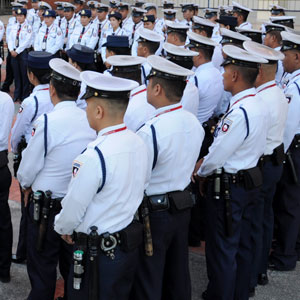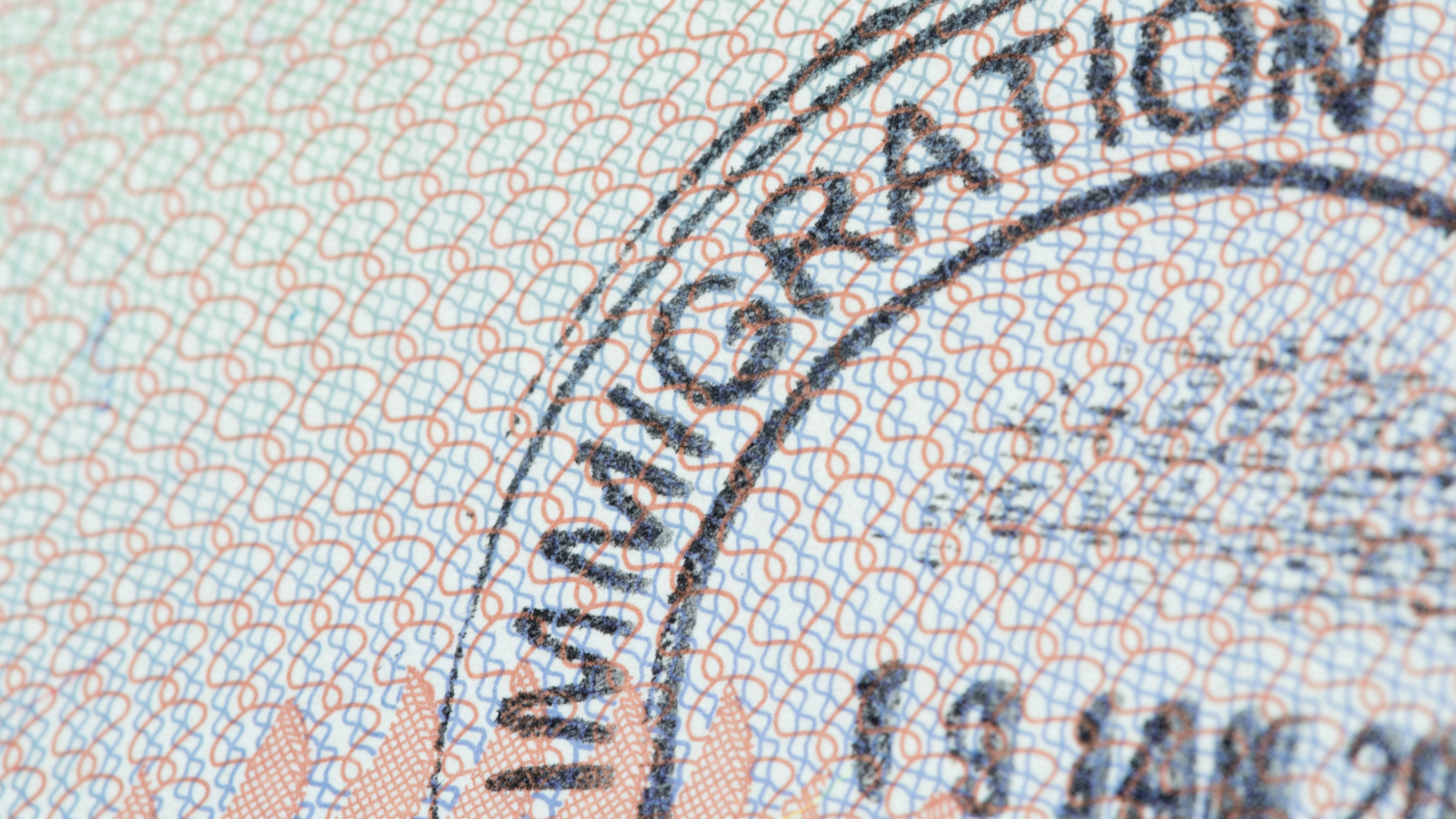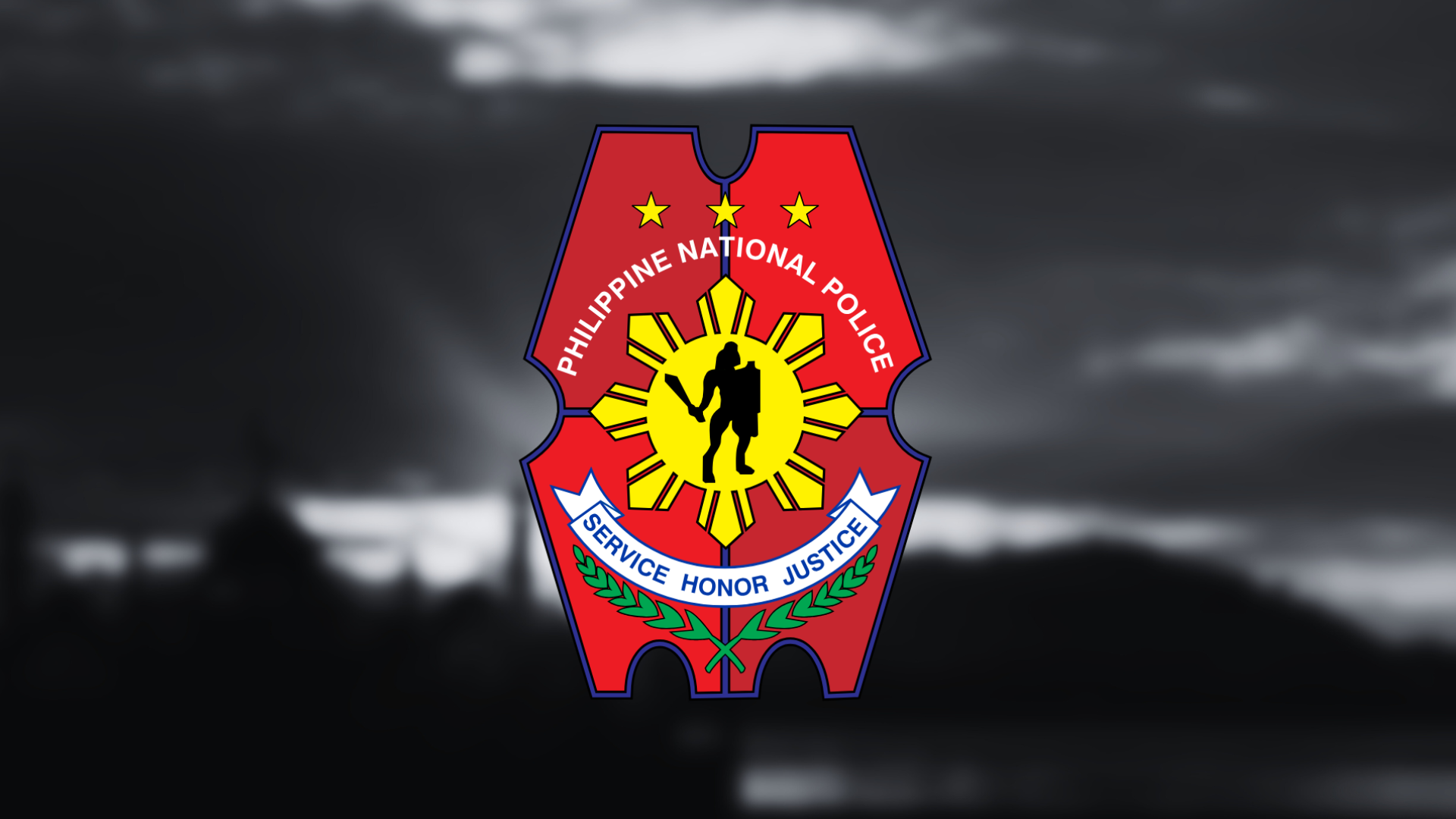The world never felt more vulnerable after the 9/11 terrorist attacks in the United States. During the aftermath of such horrific event, many people and governments began taking a closer review of their own national security strategies, wondering if any country could ever be safe.
In the Philippines, terrorist threats are more real, and security is under close scrutiny. National safety is a major concern both in private and public sectors. Essentially, the private security industry seeks better ways of strengthening its ranks to be more responsive to the citizen’s needs and preventing terrorism and other criminal activities.
Securing the Profession
 According to Atty. Jay de Guzman, CSP, associate manager for operations and business development of Ace And Associates, Inc. (AAA), there is no college degree in the Philippines that caters exclusively to the security profession. Employment in the security profession mainly relies on experience, reputation, and several professional certifications issued by various security organizations.
According to Atty. Jay de Guzman, CSP, associate manager for operations and business development of Ace And Associates, Inc. (AAA), there is no college degree in the Philippines that caters exclusively to the security profession. Employment in the security profession mainly relies on experience, reputation, and several professional certifications issued by various security organizations.
Some of the trusted organizations are the American Society to Industrial Security (ASIS) International, Philippine Society for Industrial Security (PSIS), International Foundation of Protection Officers (IFPO), Association of Certified Fraud Examiners (ACFE), International Information Systems Security Certification Consortium (ISC) 2, and Information Systems Audit and Control Association (ISACA).
Most of these organizations require their applicants to have at least a college degree with some years of related experience prior to taking a qualifying examination. When qualified, a member will undergo a series of recertification and retraining to stay up-to-date with the latest developments in the field. With this, a member is updated with the trends in the growing security industry.
New Curriculum
De Guzman says that AAA is a company that provides holistic security services and currently working with a Batangas-based college to teach the first formal security course in the country. First Asia Institute of Technology and Humanities (FAITH) commissioned AAA to assist in drafting a curriculum for BS Industrial Security Management degree. FAITH is currently awaiting the approval of the Commission on Higher Education.
Current Standards
Since there is no college course yet on security profession, is there a law that regulates or guarantees that the best practices are being implemented in the industry? De Guzman says, “Currently, the security industry relies on peer review to regulate the standard practices of the profession and assures that security personnel adhere to the ethical standards.”
He adds that Republic Act 5487 (Private Security Agency Law) regulates the security and private detective agency firms, while the Bangko Sentral ng Pilipinas Memorandum Circular 620 or Rules and Regulations on Bank Protection cites the qualifications of appointees for bank security officer posts.
Licensing Procedures
Does the security profession head towards licensure under the Professional Regulatory Commission? “Not yet in the near future,” De Guzman says. “But recent trends are towards that direction,” he adds.
“The introduction of the curriculum for a security college degree will provide a strong foundation of the profession that is lacking at present. The government gradually views the value of regulating all matters involving security and the professionals engaged in it.”
De Guzman hopes that the security industry practitioners in the near future will undergo formal education, training, and licensing similar to the doctors, nurses, teachers, lawyers, engineers, and accountants. He believes that this is very relevant for all stakeholders assuring their lives and properties are being monitored by highly skilled security professionals.•






